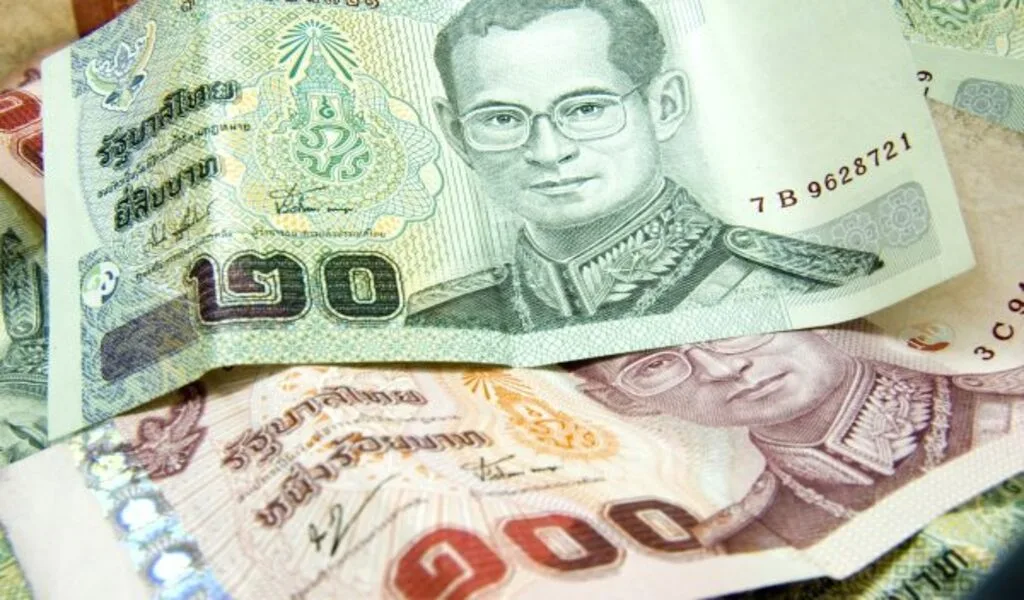(CTN News) – Thailand’s new government is now beginning to settle in and announce some of its actual policy objectives after months of political maneuvering, negotiations, coalition-building, and the return of former Prime Minister Thaksin Shinawatra.
If Prime Minister Srettha Thavisin’s recent statements are any indication, the current administration plans to implement some radical and (relative to Thailand) unconventional changes to the country’s economic structure.
The government of Thailand reportedly plans to stimulate demand by distributing up to 560 billion baht (about $15.8 billion) to 55 million people over the course of six months.
Although specifics are still scant, it appears that these will be distributed directly to consumers.
There are plans to lower energy prices and institute a debt moratorium for select creditors in addition to using cash payments to stimulate demand.
Whether or whether these proposals make it into the final version of the 2024 budget remains to be seen, but they are certainly outside the norm for Thai economic policy and, if implemented, would represent considerable changes.
Feasibility and Challenges of Thailand’s Economic Reforms
Growth in 2023 has been below forecasts, so the incoming government may be worried about the economy. The fact that this government came to power via a contentious and convoluted political negotiation process, in which the party that won the most seats in the May election was left out of the coalition, may add fuel to these fears.
It appears the government is leaning towards popular progressive initiatives such as direct cash transfers, decreased energy prices, and debt relief in an effort to assuage residual reservations or ill will in the early going. It would be a dramatic departure from the way Thailand has always managed its economy if these ideas were truly implemented.
Exports form the backbone of Thailand’s economy. Exports of both services (tourism) and goods (agricultural and industry) fuel current account surpluses, which in turn fuel economic growth. However, exports have not bounced back as quickly as anticipated in the post-pandemic period, which has slowed economic expansion.
It is possible that domestic consumption can make up for sluggish exports. However, very high levels of debt are a major factor limiting consumer expenditure in Thailand.
Government intervention of some sort will be necessary to immediately restart the economy. So far, the government’s proposals have been spot-on. Srettha’s government will ease debt limits and help revive demand by distributing cash transfers to households. They will also assist the supply side by reducing energy prices.
Can we even expect this to happen? The government of Thailand is not a fan of budget deficits. Government spending, for instance, increased during the epidemic to a peak of 3.4 trillion baht ($96 billion) in 2020 before declining in 2021 and 2022.
Even though it was obvious that greater countercyclical investment was required in 2021, authorities nevertheless cut spending in the hopes that a surge in exports of goods and services would boost the economy. The anticipated export-led rebound has not materialized, therefore they are now again considering additional stimulus.
However, roughly $16 billion in consumer cash transfers is a massive amount. For the 2024 fiscal year, a preliminary budget of 3.35 trillion baht ($94 billion) was suggested; when this will take effect or if the next parliament will make modifications is currently unknown.
Without any modifications, these cash handouts will consume around 1/6 of public expenditures, which is a lot considering the deficit is expected to be around 3% of GDP.
Some inquiries, such as “where will the money come from?” are naturally prompted by this. Will the government increase its deficit spending and increase its borrowing to meet this need? Or they may re-allocate current cash by reducing expenditures in other areas.
How long these shifts will last is another unknown. Reportedly, there will be restrictions on the usage of the cash transfers, including when they can be used and what can be bought with the money.
Rather than long-term debt restructuring or relief, the conversation right now appears to be focused on a debt moratorium. Since the price of energy imports like coal and natural gas has dropped, lowering energy prices is also something of an easy goal.
It would be a significant structural shift for the Thai economy if the current emphasis on domestic demand rather than exports were to persist. Until the final budget for 2024 is approved, we won’t know the full scope of these economic reforms, and even then, we won’t know how long they’ll last.
In the short term, however, this language indicates a major shift in economic thinking in Thailand, with the government aiming to stimulate demand by handing cash directly to consumers rather than waiting for exports to save the day.





